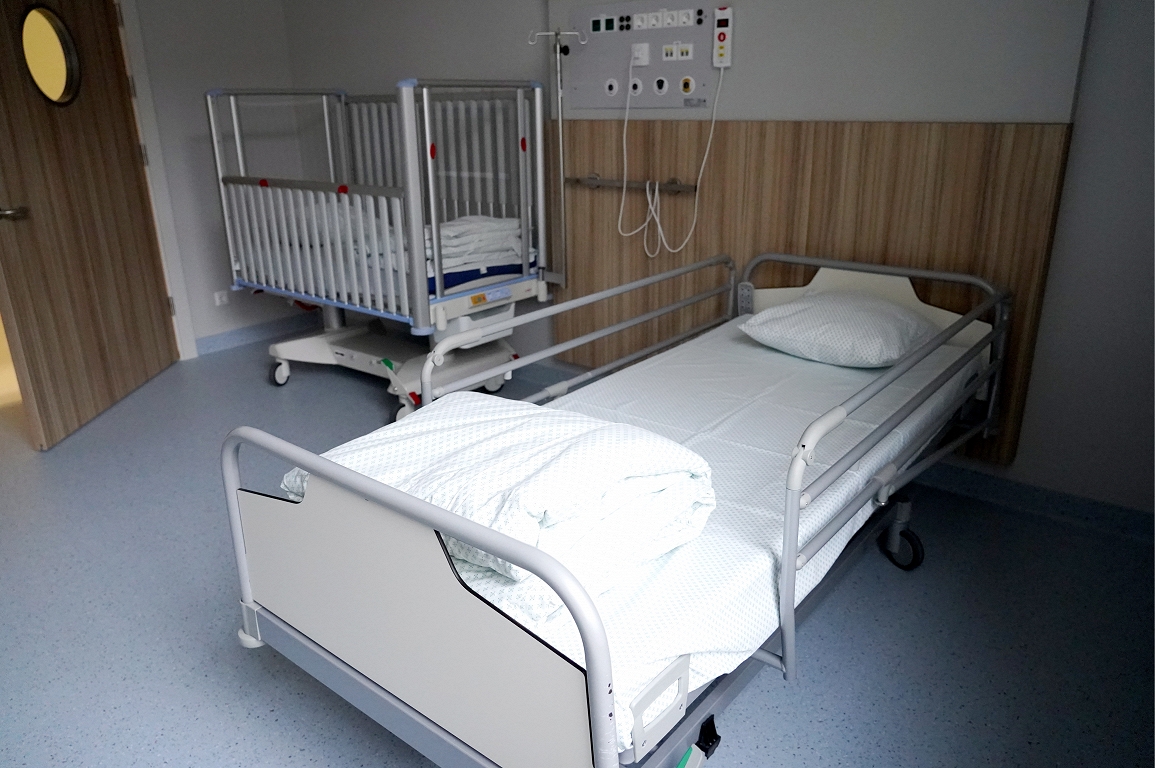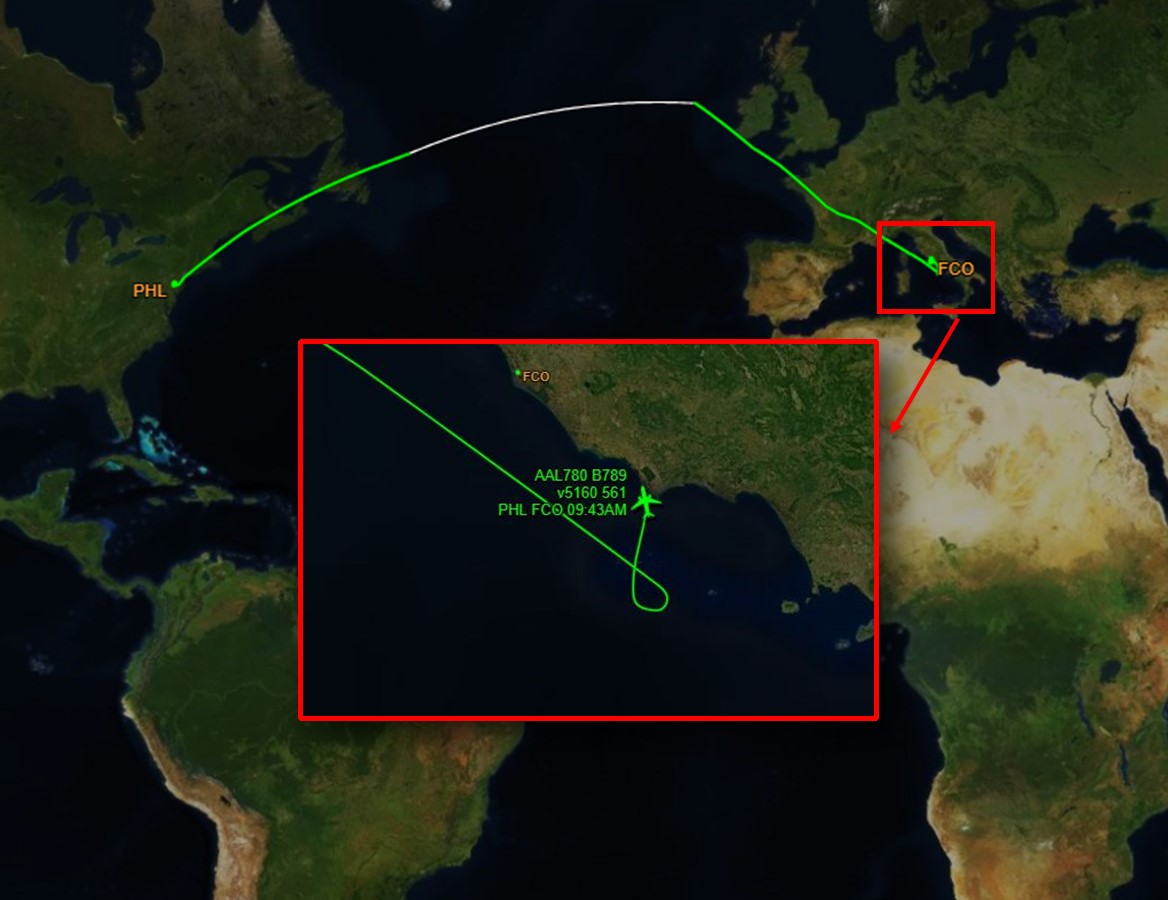The condition of the children affected by some E. coli infections has worsened while others from the hospital are discharged / day

The relatively day earlier the condition of ten children was considered severe and two as very severe.
In total, BKUS currently has 22 infection affected by children, which is two more than a day before. 18 children are placed in the infection department and four are in the intensive care unit.
All children who are treated at the Children’s Hospital are carefully observed, emphasizes a medical facility.
Since the beginning of the infection, several children have been prescribed from the Children’s Hospital who had been diagnosed with this this time -toxin producing E. coli infection, but the state of health has allowed to continue the outpatient treatment after the observation period.
It is planned to prescribe several more children today, the hospital said.
Today, seven more notifications have been received at the Center for Disease Prevention and Control (SPCC), and two more adults have been ill. So far, a total of 53 sick, including six adults, have been registered. Cases have been reported in various suburbs of Riga, Salaspils, Adazi, Sigulda, Cesis, South Kurzeme, Ropazi, Kekava and Jelgava.
It has already been reported that on Tuesday, the Food and Veterinary Service (FVS) has received laboratory examinations for 55 food samples removed in pre -school educational institutions that had previously identified cases of E. coli infection, or intestinal infection, and no sampling infection.
The SPCC, in cooperation with the FVS, continues the epidemiological examination of the cause of the disease. The SPCC also cooperates with the affected preschools and family doctors who experience children with the symptoms of acute intestinal infection.
The SPCC explains that all people and animals in the gut have bacteria called Escherichia coli (E. coli) or intestinal stick. They are part of our normal bacterial flora and usually harmless. However, there are specific strains of E. coli, which are able to form toxins or poisonous substances and cause serious illness.
These strains are called Stec/VTEC (E. Coli, a toxin or Verotoxin). They can cause severe, bloody diarrhea, which in some cases causes acute renal failure, which requires intensive care.
The main reservoir of these strains is herbivorous animals, especially cattle. The cause is excreted from the animal or from the human body with feces. A person can become infected by consuming infected foods, under -heat -treated beef, uncooked milk, unwashed or raw fruits or vegetables. Transfer of infection directly from person to person is also possible.
The SPCC reminds food to be treated for a thermally, rinse under running water, and in particular products that will not be heated before consumption. If the symptoms of infection occur – cramping abdominal pain or bloody diarrhea should be contacted immediately.
In Latvia, this infection was recorded last year in 42 cases. On average, four to five cases of this infection are recorded per month, the SPCC points out.






